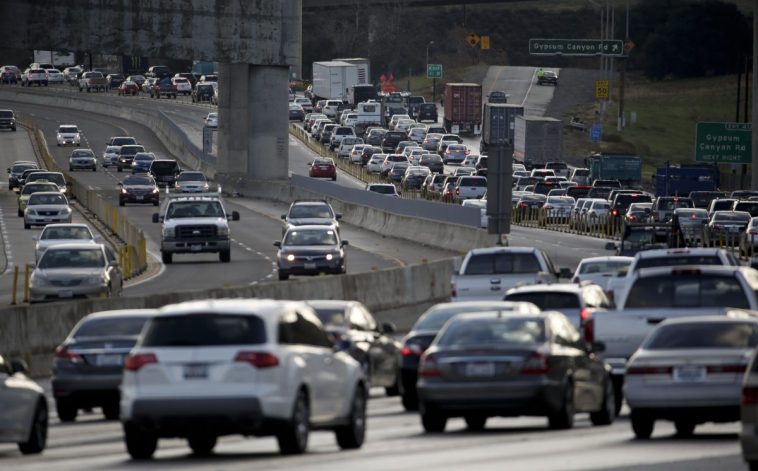Each new generation of cars is a little more computer and a little less machine, and that shift means our vehicles are increasingly a deep well of information about our lives—information auto manufacturers want to track. A Monday story at The Washington Post details the remarkably complex picture of daily life car makers can piece together with data from our vehicles:
Videos By Rare
Dunn may consider his everyday driving habits mundane, but auto and privacy experts suspect that big automakers like Honda see them as anything but. By monitoring his everyday movements, an automaker can vacuum up a massive amount of personal information about someone like Dunn, everything from how fast he drives and how hard he brakes to how much fuel his car uses and the entertainment he prefers. The company can determine where he shops, the weather on his street, how often he wears his seat belt, what he was doing moments before a wreck — even where he likes to eat and how much he weighs.
Though drivers may not realize it, tens of millions of American cars are being monitored like Dunn’s, experts say, and the number increases with nearly every new vehicle that is leased or sold.
The result is that carmakers have turned on a powerful spigot of precious personal data, often without owners’ knowledge, transforming the automobile from a machine that helps us travel to a sophisticated computer on wheels that offers even more access to our personal habits and behaviors than smartphones do.
To borrow language from the realm of digital surveillance, what is being collected here is the metadata of our daily travel. It’s where we go, not what we do when we get there. In other words, it’s the car version of the mass metadata surveillance for which the NSA is infamous.
Defenders of this sort of NSA spying have long relied on two arguments to defend the practice. First, they say, metadata isn’t very invasive. Why does it matter if the government knows who you called? What’s really important is what you said on the call.
Of course, that’s just not true. Wiretaps are invasive, yes, but metadata surveillance is just as bad. It “reveals what and who we’re interested in and what’s important to us, no matter how private,” security expert Bruce Schneier explains at Wired. “It provides a window into our personalities. It provides a detailed summary of what’s happening to us at any point in time.” Knowing who we talk to can also give the government an excuse to find out what we say to them via further surveillance.
The second argument often deployed by defenders of metadata collection is the old canard, “if you don’t have anything to hide, you don’t have anything to fear.” This is patently nonsense, as even the most innocent among us have something to hide.
Schneier’s article describes a metadata experiment at Stanford in which researchers were able to use phone data alone to determine that among their volunteer participants there was “a multiple sclerosis sufferer, a heart attack victim, a semiautomatic weapons owner, a home marijuana grower, and someone who had an abortion.” All of those people would have cause to keep that information private—and we all have stuff like that.
Wrong things are often kept private, yes, but not all private things are wrong.
So back to the cars. Automakers say they collect metadata only with drivers’ permission, and that doing so will help make vehicles safer. And maybe it will, but there are real risks here, too. The Post’s headline, “Big Brother on wheels,” is only a touch hyperbolic. The mass surveillance capabilities here are enormous, especially now that data can be easily sent from the vehicle to a third party. Perhaps even more troubling—and, to be clear, this is entirely hypothetical—is the law enforcement potential for real-time monitoring of petty offenses like speeding or not wearing a seatbelt.
No one is proposing that sort of thing right now, but it is difficult to imagine the idea won’t come up, especially as self-driving cars become more common. Government is not known for failing to avail itself of new ways to encroach on our lives.
My low-tech 2006 hatchback is looking really good right about now.

